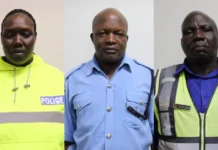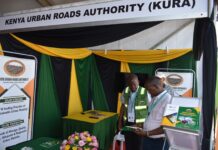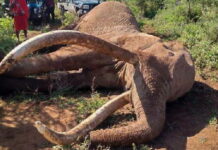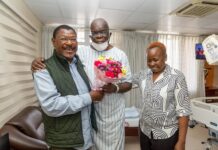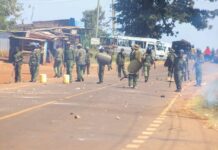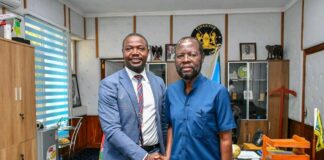The Senate Committee on Agriculture has expressed grave concern over the rampant grabbing of land owned by the Kenya Agricultural and Livestock Research Organization (KALRO), warning that the trend threatens agricultural research and food security in the country.
Led by Committee Chair and Bungoma Senator David Wakoli, the senators decried the loss of research land to unscrupulous individuals, allegedly in collusion with government officials. The committee noted that KALRO, which plays a crucial role in agricultural innovation and livestock research, is the most affected by these illegal land acquisitions.
Speaking during a visit to the KALRO research station in Naivasha, Senator Wakoli emphasized that the grabbing of agricultural land, coupled with budget cuts in the sector, poses a serious threat to the country’s future food production.
“KALRO land has been targeted by individuals working with corrupt officials, and this has significantly disrupted operations,” Wakoli said. “We will compile a comprehensive catalogue of all KALRO land and work with the Ministry of Lands to ensure title deeds are issued to protect these vital assets.”
Despite the financial challenges, Wakoli praised KALRO for continuing to serve farmers effectively through partnerships with county governments. These collaborations have enabled the distribution of subsidized livestock such as chicks and piglets to farmers across several counties.
Kisumu Senator Tom Ojienda proposed amending the KALRO Act of 2013 to enhance the institution’s capacity and increase its funding. “KALRO has immense potential to make Kenya food secure, but it needs more financial support to carry out its mandate,” he stated.
Echoing this sentiment, Embu Senator Alexander Mundigi described land grabbing as a national crisis. He revealed that of the over 3,000 acres owned by the Naivasha research station, nearly half had been illegally taken over, with legal proceedings ongoing.
KALRO Director Samuel Mbuku acknowledged the financial constraints but affirmed that the organization was actively collaborating with development partners and county governments to continue delivering services. He also highlighted additional challenges such as drought, livestock diseases, and high input costs, which they are tackling through climate-smart technologies.
The Senate committee vowed to push for stronger legal and financial safeguards to protect agricultural research institutions and uphold food security in Kenya.
Written By Rodney Mbua










